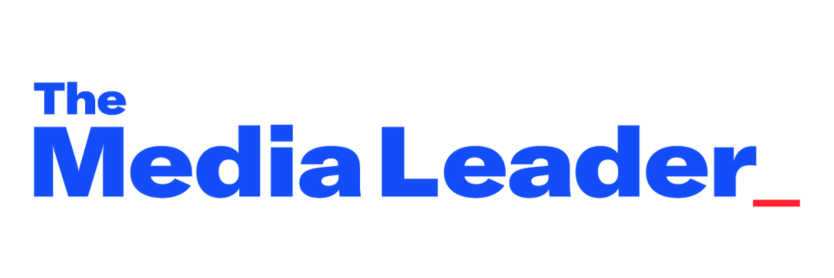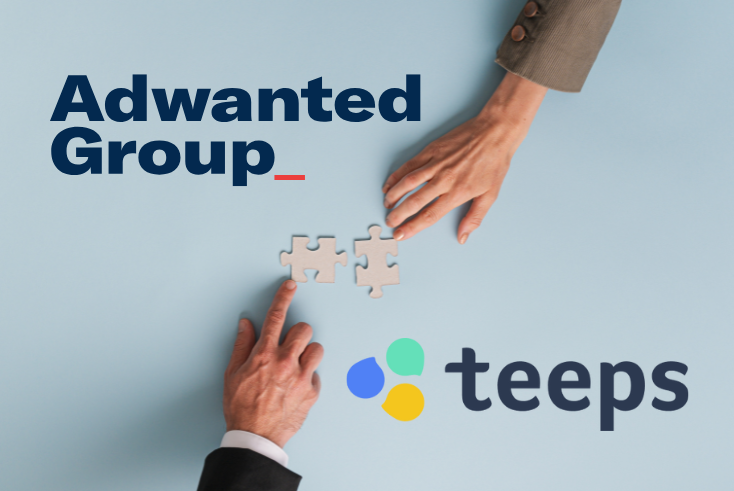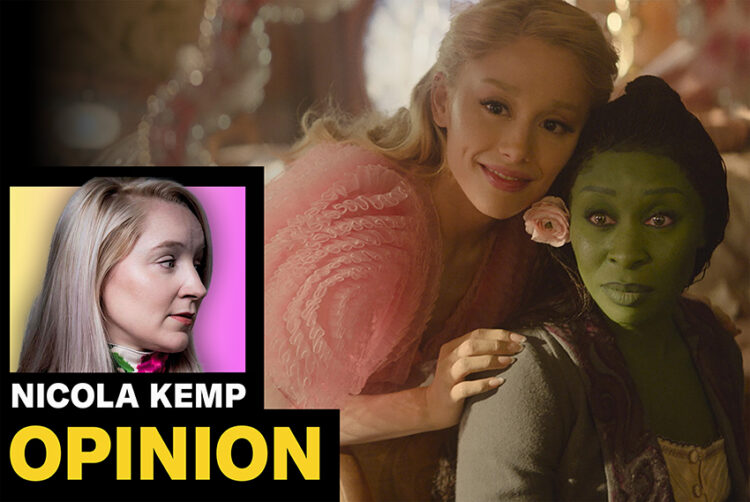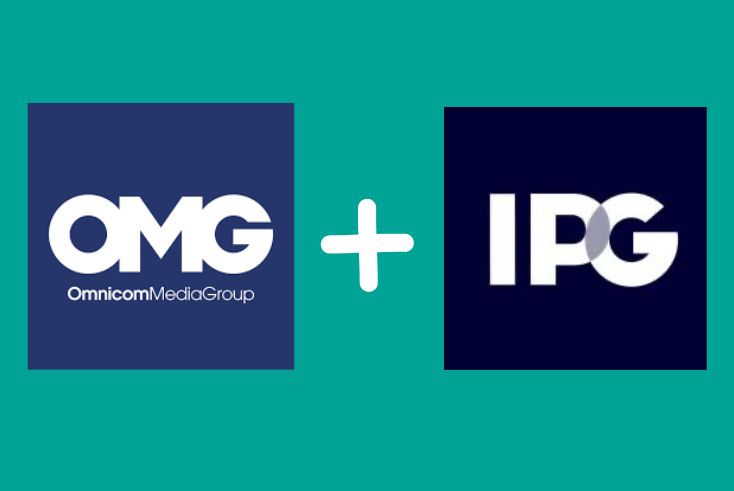What is media’s answer to the Cannes Lions Creator Pass?
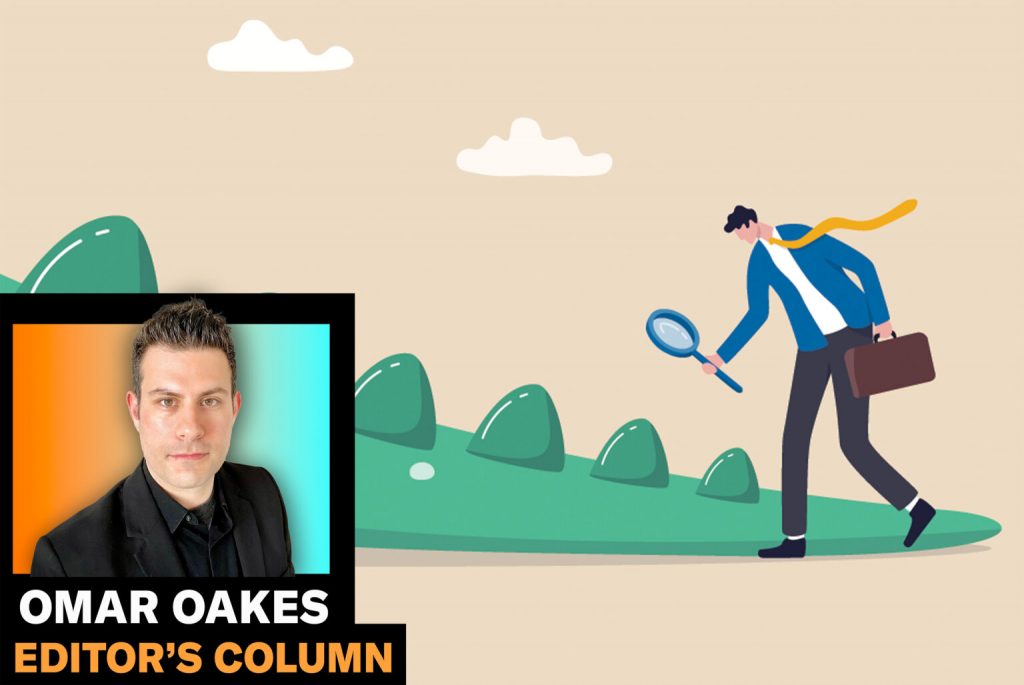
Opinion
The world’s biggest advertising festival did itself proud this year by widening access to content creators. Media owners, researchers and agencies must play their part, too, as this industry changes.
Unless there’s a huge shock waiting to happen, the UK will have a new prime minister on Friday.
There’s nothing to suggest that Sir Keir Starmer’s Labour government will offer a radical alternative in terms of working with the creative industries, a sector that always drifts down the political pecking order versus health, education and immigration.
Part of this is because we have a strong tradition of allowing the business of communication to be self-governed and regulated. It’s a messy business, but it’s always been better than having politicians wade into issues about free speech.
So if it’s up to us to form our own agenda for change over the next five years, how about this: let’s stop talking about the media and advertising world in terms of 20th-century furniture — big media owners, big agencies, big personalities and big deals.
Because, in fact, so much of the growth in our industry is happening on a micro level, far away from central London boardrooms.
Not a ‘long tail’ — it’s a sideways skyscraper
We need to stop referring to the industry’s “long tail”. It’s more like a skyscraper that is growing horizontally.
It’s difficult to find accurate data about just how big the “long tail” has become. Goldman Sachs has estimated that the creator economy is now generating $250bn a year, while GroupM recently estimated that global adspend will hit just under $1tn next year. Of course, these numbers are drawn from separate data sets, so they’re there to illustrate rather than prove anything. But the “long tail” clues are there for all to see.
YouTube has claimed its Partner Program has paid out over $70bn to content creators, artists and media companies in the last three years. Substack announced a year ago that it crossed 2m paid subscriptions and Patreon now doles out more than $1bn annually to its creators. These numbers show that it is perfectly possible to generate a decent living in media and advertising without being on the radar of what media leaders, for example, might think of as “the industry”.
This should give you the sense that the industry you work in is bigger than ever.
Obstacles: Red tape and lack of network
This is why I applaud Cannes Lions for launching the Creator Pass this year for the first time.
This is not just some diversity and inclusion wheeze; this is a pragmatic recognition that there are lots of writers, video makers, editors, designers and technical specialists who are creating great work as unattached freelancers.
Were it not for notoriously cumbersome procurement processes at multinational companies, I’ve no doubt that many of these new-breed creators would have already been working directly for them too.
This is why we’ve seen the recent rise of what I like to call managers for hire, whether it’s The Brandtech Group’s insourcing agency Oliver or former media executives Marco Bertozzi and Rachel Forde’s TheZoo.London “collective” of freelance consultants. There’s so much talent out there unattached to media agencies and media owners, but red tape is one of the big obstacles they face.
I also believe this industry can do a lot more to help this ever-growing long tail of talent unlock more value, whether it’s through creating content or making more money from advertising.
We need to find better ways of creating networks and associations to make this long tail more like a long thread — freelancers need to run proudly and centrally through our sector, rather than furtively co-locate on the sidelines.
A media pass?
While a Creator Pass for one — albeit massive — industry awards show is a good start, media would benefit from its own year-round version.
We need a media pass for all seasons. Rather than discounted tickets for a big event, it would mean a top-to-toe survey of all our major institutions and insisting that we include the whole industry in them going forward.
Where is the trade body for these people? Creative UK does a creditable job representing and raising money for freelancers, but it also offers services for large and small businesses. Isba stands proudly as an organisation representing the UK’s largest advertisers, but who’s going to stand up for SMEs that must buy online ads directly from tech platforms? The smaller brands, many of which don’t have any employees with an official marketing role, likely need representation more than the likes of Boots and Nestlé.
If anything, we need more organisations like the Influencer Marketing Trade Body, led by Scott Guthrie. The catch-all term “influencer” is the only part of media and advertising that seems to properly recognise freelancers as talent worth having its own association.
Consultants, writers, designers, “fractional marketers” and many other guns for hire should have this kind of support too.
We must also change
For my part, I want to ensure that The Media Leader plays its part too.
Since launching the brand just two years ago, we have proudly become the industry’s leading voice for the commercial business of media. We’re proud of tackling media’s important business issues, warts and all, as well as championing positive values around disruption, inclusion, courage and excellence in our industry.
But if we’re to remain relevant, we must, too, better understand and engage with the “long tail”. We must provide a platform for new ideas, new voices and new methods to reach our influential audience. I’m under no illusions that anyone in our industry can freely self-publish news, commentary and opinion articles on social platforms. That’s why I’ve always been clear as editor that our community and our values set our publication apart, as well as our audience.
Over the coming weeks and months, I’ll be exploring more radical ways in which we can harness these new voices in our industry, whether it’s through shining a spotlight on new trends and ideas from new voices or providing more education and networking opportunities that would benefit both seller and buyer of media services.
If you have ideas, I’d love to hear from you; but much of this will involve us “getting out there” beyond our established audience.
As the industry changes, we must continue to change, too, regardless of what happens in this week’s election.
 Omar Oakes is editor-in-chief of The Media Leader UK.
Omar Oakes is editor-in-chief of The Media Leader UK.
100% Media 0% Nonsense is a weekly column about the state of media and advertising.

À lire plus tard
Vous devez être inscrit pour ajouter cet article à votre liste de lecture
S'inscrire Déjà inscrit ? Connectez-vous


